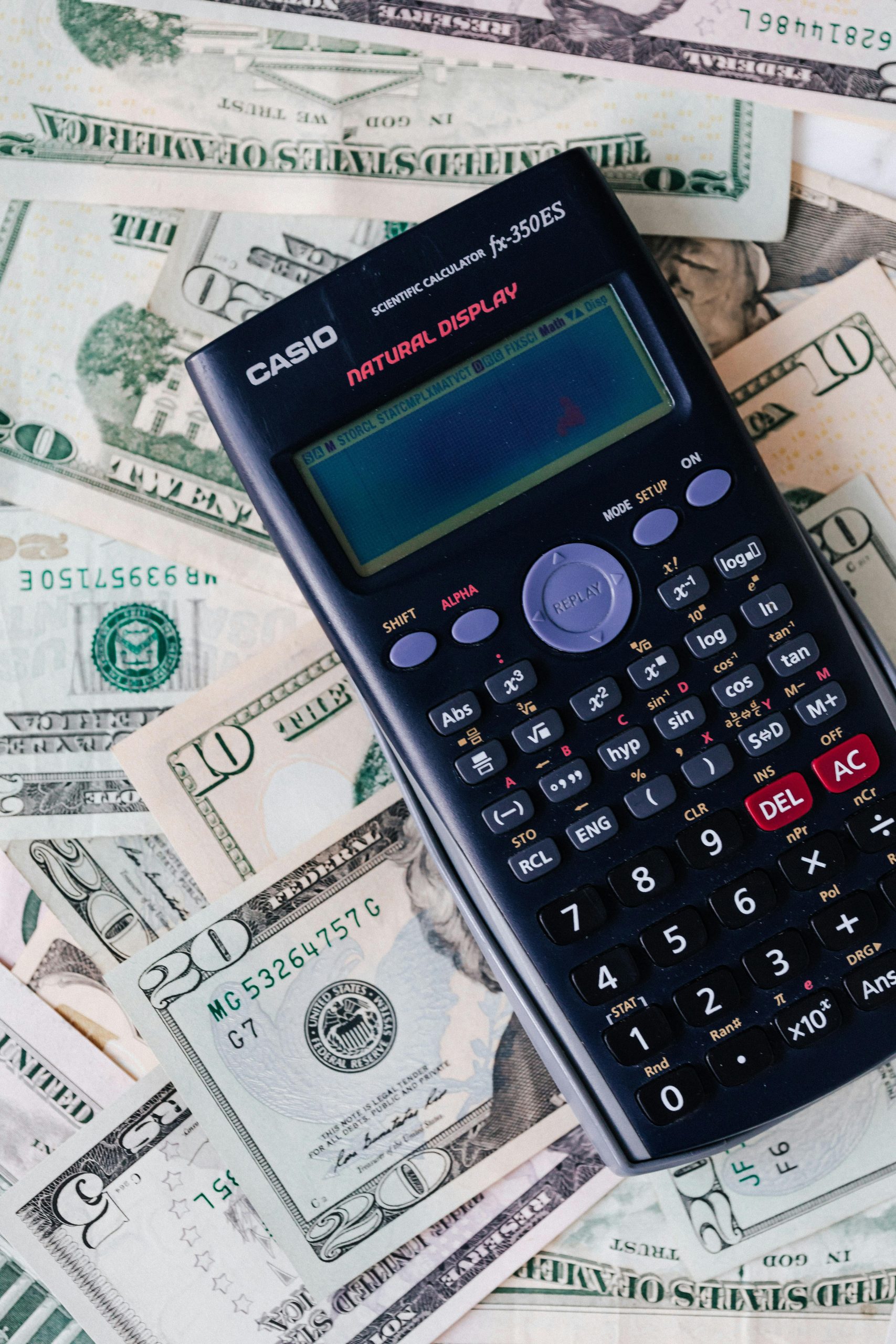Why budgets feel like punishment – and how to make it feel empowered

For concepts that should be useful, the budget will certainly bring a lot of emotional luggage. Many people associate the word with sacrifice, stress and failure. No wonder sticking to a budget often feels like punishment rather than power despite countless apps and expert advice.
The truth is, budgets are more than numbers. It’s about identity, emotion and control. For many of us, it triggers a deep personal relationship with money, shaped by experiences, past mistakes and even shame. But what if the budget doesn’t have to feel the limit? What if it feels like a tool of freedom rather than a trap? Let’s talk about why the budget is so tough and how it can change the relationship with it forever.
Why budget feels like a form of self-discipline
The traditional budgeting method is very pleasant to come up with. Cut your spending. Stop buying coffee. Track every penny. Delay gratification until a vague future and everything will be fine. This stiff black and white approach usually reflects the food culture. It’s all about rules, restrictions and control. You either use your money to be “good” or you’re not. What if you slipped? Prompt for inner spiral.
This can be particularly triggering for people who are already struggling with financial anxiety or growing up in families where money is the source of conflict. Budget stops feel like a useful plan and starts to feel like a moral test. In this mindset, spending money (even on small things) can feel like a failure. Ironically, this leads to a rebellious reaction: just impulsive for the feeling of freedom or comfort. This is a cycle that many people know very well.
Shame is real, it’s on the road
Part of the reason why budgets feel so touched is because money itself is closely related to our self-worth. How we spend, preserve or manage our financial situation is often seen as a reflection of who we are. This leads to money shame: If you don’t have a financial life perfectly, then your adult is not good. Social media is full of curated images of people buying homes, doing luxury vacations or showing off their “debt-free journeys”, to no avail.
When we bring shame to money (whether from past overspending, debt or simply not knowing how to budget), we start internalizing our thoughts about money being bad. Then, the budget becomes another reminder of what we haven’t discovered yet.
Remarking budgets as a form of self-esteem
This is the refactoring that changes everything: budget has nothing to do with punishment. It’s about self-awareness. This is not about telling yourself “no” often. It’s about learning the words “yes” more intentionally.
Think of your budget as a way to align your funds with your values. It’s a personalized plan to prioritize the most important things, whether it’s travel, saving for your home, donating to your care, or feeling more stable every month. When your budget reflects your actual life and goals, it becomes increasingly constrained and is a roadmap. You do not limit your freedom. You are asking for it.

You don’t need perfection to authorize
Another harmful idea about budgeting is that you need to do it perfectly to work. You need to have color-coded spreadsheets, daily checks, and in-depth knowledge of complex interests.
But perfection is the enemy of progress. You don’t need to be flawless. You just need to be honest. It’s better to track your spending for a week than not. It’s better to have a one-month plan than a full wingspan. Small steps build confidence, and confidence builds consistency.
As you use it, you can also adjust your budget. Life changes. Income fluctuations. An emergency occurred. The flexible budget you move with you is stronger than the rigid budget you give up after a bad week.
Make room for joy in budget
The biggest budget is to satisfy the space of joy, not just responsibility. This means that they can light up your things for you even if they appear to be “trivial”.
Maybe it reserves money for weekly takeout, books, or travel with friends. Maybe it’s a self-playing fund, so you can say “yes” to life without having to in-depth gui. When your budget includes joy, you’re more likely to stick with it because it feels good – not because it’s the rule you’re afraid to break.
This does not mean ignoring savings goals or long-term plans. This means recognizing that your emotional well-being is also part of your financial health. Balanced budget account for both.
Empowerment comes from knowing you are under control
The biggest shift when you stop thinking of your budget as something being done is arrive You and start thinking of it as something you Doing it for yourself. You decide how your money flows. You select your priorities. You call for something worth spending, not something. This control is empowering, especially in a world that often leaves us financially powerless.
You don’t have to wait until you reach a specific savings goal or pay off all your debts to feel capable. Now, mindset can start with the way you go on your next budget session. This is not a punishment. This is a clear and intended act.
Has the budget ever imposed penalties on you, and what helped you change your mindset?
Read more:
You’re not bankrupt – You’re budget blind: Money errors you didn’t realize
Unexpected budget: Financial tips for avoiding last-minute cash crunch
Riley is an Arizona native with over nine years of writing experience. From personal finance to travel to digital marketing to popular culture, she wrote everything in the sun. When she is not writing, she will spend time outside, reading or embracing two corgis.





